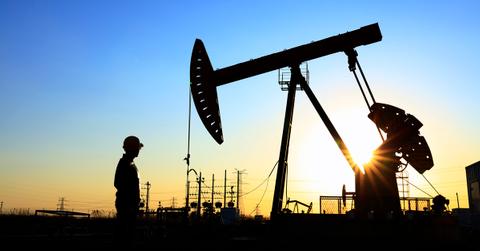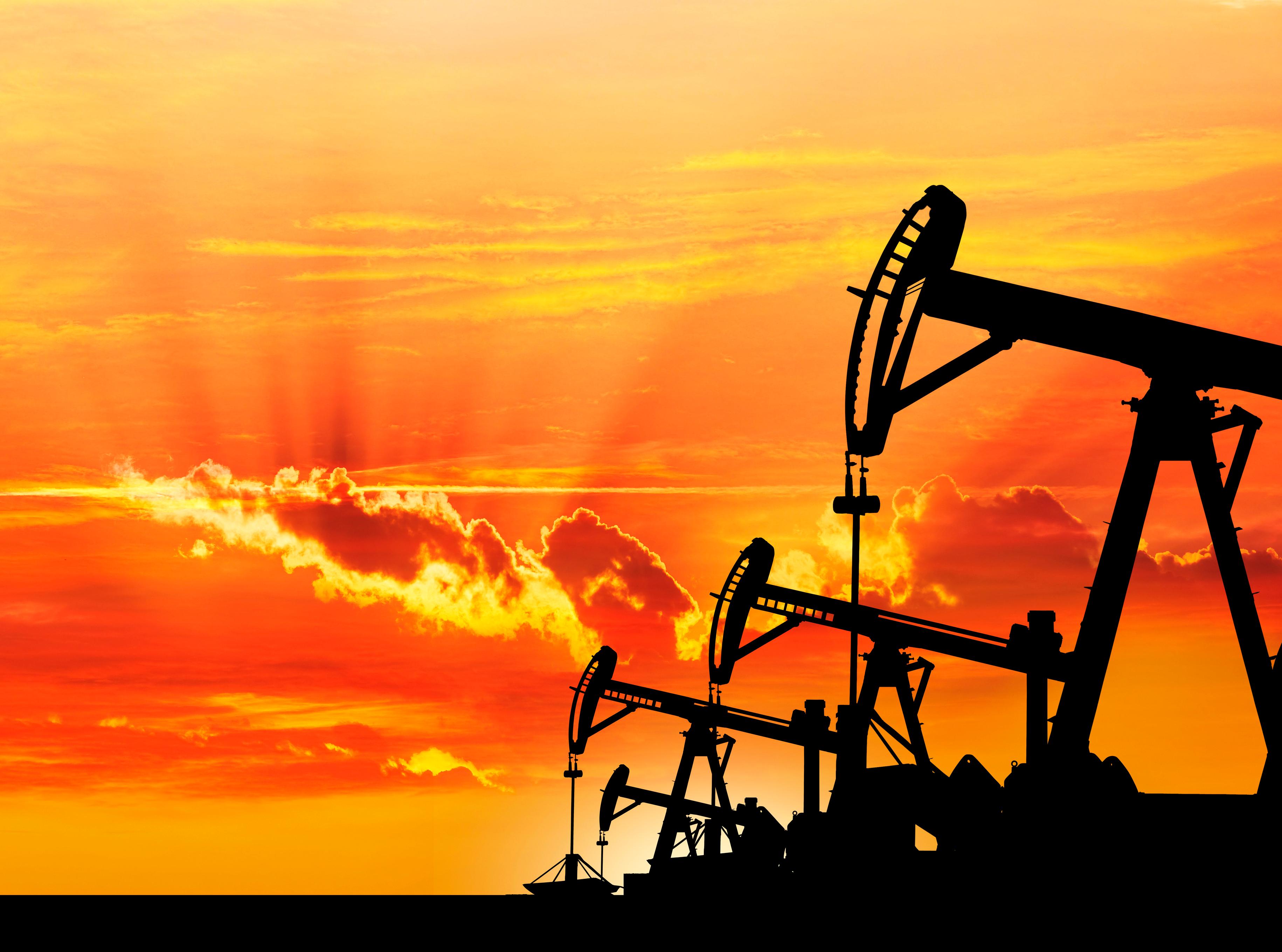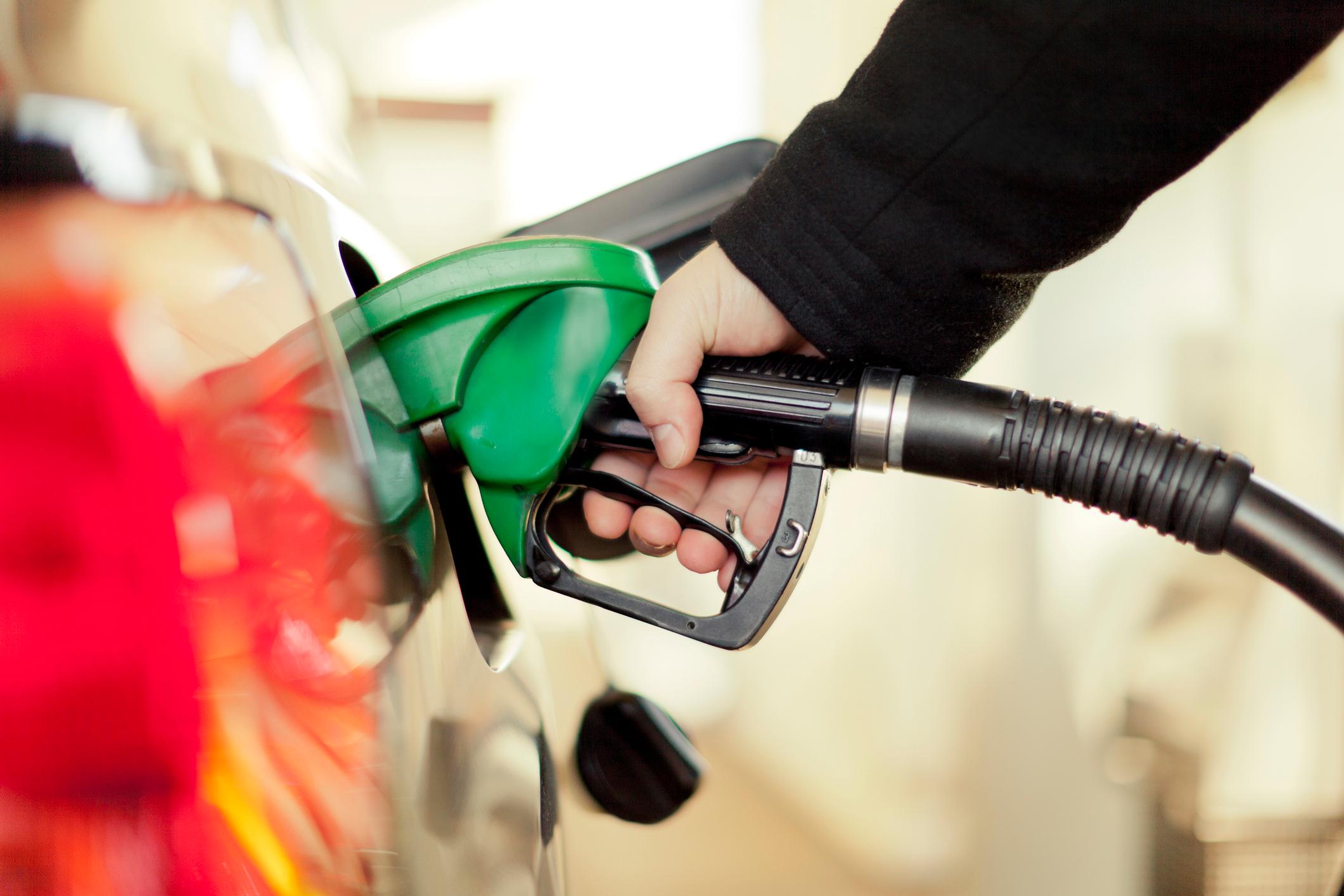Oil Prices Are Negative: What Does This Mean for the Everyday Consumer?
Updated April 21 2020, 11:13 a.m. ET

Restaurants, movie theaters, retail stores, and other non-essential businesses have had to close or adapt to delivery or curbside pick-up options in order to keep their business afloat. The new coronavirus has closed non-essential businesses all over the country, leaving many business owners and their employees out of work. The economy has been hit hard by the effects of the COVID-19 pandemic, and that does not exclude the oil industry.
US oil prices plunged to a record low, falling below $0 on Monday, April 20, 2020 to $-37.63 a barrel. That's the lowest level since NYMEX opened oil futures trading in 1983. So, how did this economic anomaly happen?
How did this record drop happen?
CNN Business reported the selloff can be attributed in part to market mechanics. The May futures contract for West Texas Intermediate, a grade of crude oil used as a benchmark in oil pricing in the U.S., is about to expire. Most investors are already focusing on the June contract, which is then thinning out the trading volume and feeding volatility.

The June futures contract for West Texas Intermediate is trading around $22 per barrel, but that's still sharply low. Brent crude futures, the global benchmark for oil pricing, fell 8 percent Monday to $25.81 per barrel. Basically, no one in America is wanting to buy oil for the short term because of how uncertain the economy is right now.
The negative price means oil companies would pay a buyer to take their oil.
According to MarketWatch, negative oil prices means someone with a long position in oil would have to pay someone to take that oil off of their hands because they fear that if forced to take delivery of crude on the expiration of the May oil contract, there would be nowhere to put it as a glut of crude fills up available storage. Basically, they are running out of room for their oil barrels.
CNN reported that investors are particularly worried about storage reaching capacity in Cushing, Okla., the main U.S. hub for crude oil. Rystad Energy, a consultancy, forecasts that U.S. commercial crude stocks will hit all-time highs by the end of April and will continue rising into May.
Will this mean cheaper gas prices for citizens?
Because negative oil prices seem to show the effects of an economy hurt by the COVID-19 pandemic, many will wonder if this means people can look forward to cheaper gas prices.
The COVID-19 outbreak and the stay-at-home orders that followed have led to a huge drop in U.S. gasoline consumption. This has pushed down both oil and gasoline prices since there is an excess supply of both. So with crude oil prices going negative, can we expect gasoline prices to also tank?

Jeff Lenard, a spokesman for the National Association of Convenience Stores, told CNN Business, "Wholesale gasoline futures and oil futures are definitely linked, but they don't necessarily reflect each other on any given day.”
There are other factors besides the price of oil that goes into projecting gasoline prices, such as preexisting contracts and gas tax.